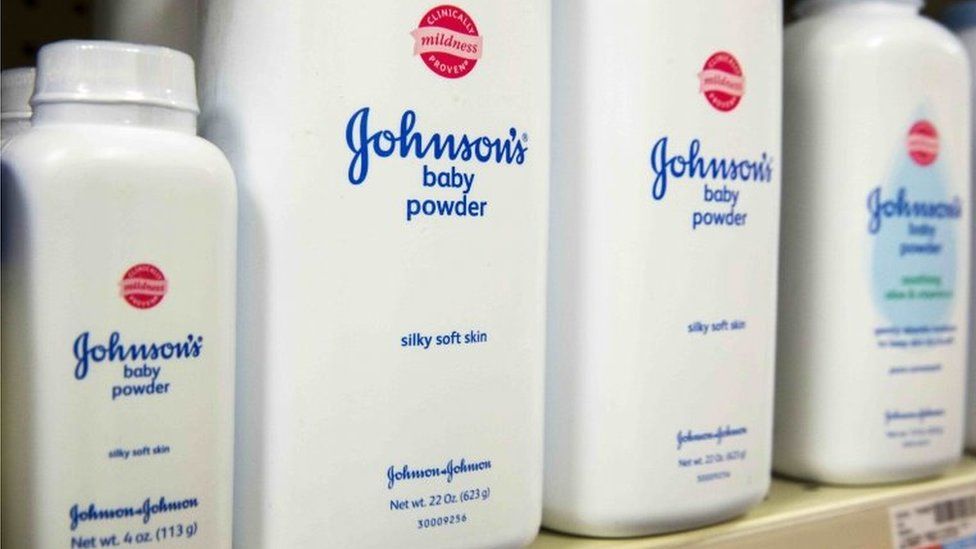KATHMANDU: Johnson & Johnson will stop selling its talc-based baby powder worldwide starting next year, in what it called a “commercial decision” aimed at ensuring long-term growth.
The company discontinued sales of such products in the United States and Canada just over two years ago, citing declining demand for the baby powder after thousands of consumer lawsuits were filed against the firm alleging that the powder contained carcinogens.
Activist shareholders had previously pushed the company to stop selling the talc-based powder products internationally.
Johnson & Johnson said Thursday that it remains “firmly behind” the view that its talc-based goods are safe, do not cause cancer and do not contain asbestos. Asbestos exposure has been linked to lung cancer, but there is debate over whether the material can cause ovarian cancer; Johnson & Johnson has lost court cases involving claims that its talc-based powders cause the latter.
Ben Whiting, an attorney at the Chicago-based Keller Postman law firm, said there would have been a “real and negative impact on litigation” in the United States if Johnson & Johnson had made the decision to stop selling talc-based products internationally at an earlier time.
Talcum is made from the mineral talc, which mainly consists of magnesium, silicon and oxygen. In its natural form, some talc contains asbestos, which the American Cancer Society says can cause cancer in and around the lungs when inhaled. The U.S. personal goods industry has long had guidelines prescribing that beauty products should not contain detectable amounts of asbestos.
Johnson & Johnson had previously complained of “misinformation” over the talc-based powder’s safety and a “barrage of litigation advertising.”
The company will transition to selling only cornstarch-based baby powder. In 2020, Johnson & Johnson said that demand for its baby powder is higher outside the United States and Canada. Some 75 percent of its U.S. baby powder customers buy the cornstarch version, while only 25 percent purchase talcum powder, according to Bloomberg News. Those percentages are reversed outside the United States.
Since 2014, Johnson & Johnson has faced lawsuits in the United States from consumers who alleged they contracted cancer after using the company’s talc-based products for prolonged periods. The suits accused the company of hiding and downplaying cancer risks and asked for compensation.
Johnson & Johnson has disputed those claims, with mixed results. It has found some success reducing jury awards that ordered it to pay out billions of dollars, but it still faces large penalties.
In 2017, a Los Angeles jury ordered Johnson & Johnson to pay $417 million to Eva Echeverria, who said her terminal ovarian cancer was linked to her use of the baby powder.
In 2020, Missouri’s highest court let stand an appellate court decision ordering the company to pay $2.1 billion to women who claimed they contracted ovarian cancer after using its talc products. That amount was a reduction from the original $4.7 billion that a jury had awarded, after some original plaintiffs were dismissed from the case. The U.S. Supreme Court declined to review a Johnson & Johnson appeal. Washingtonpost

